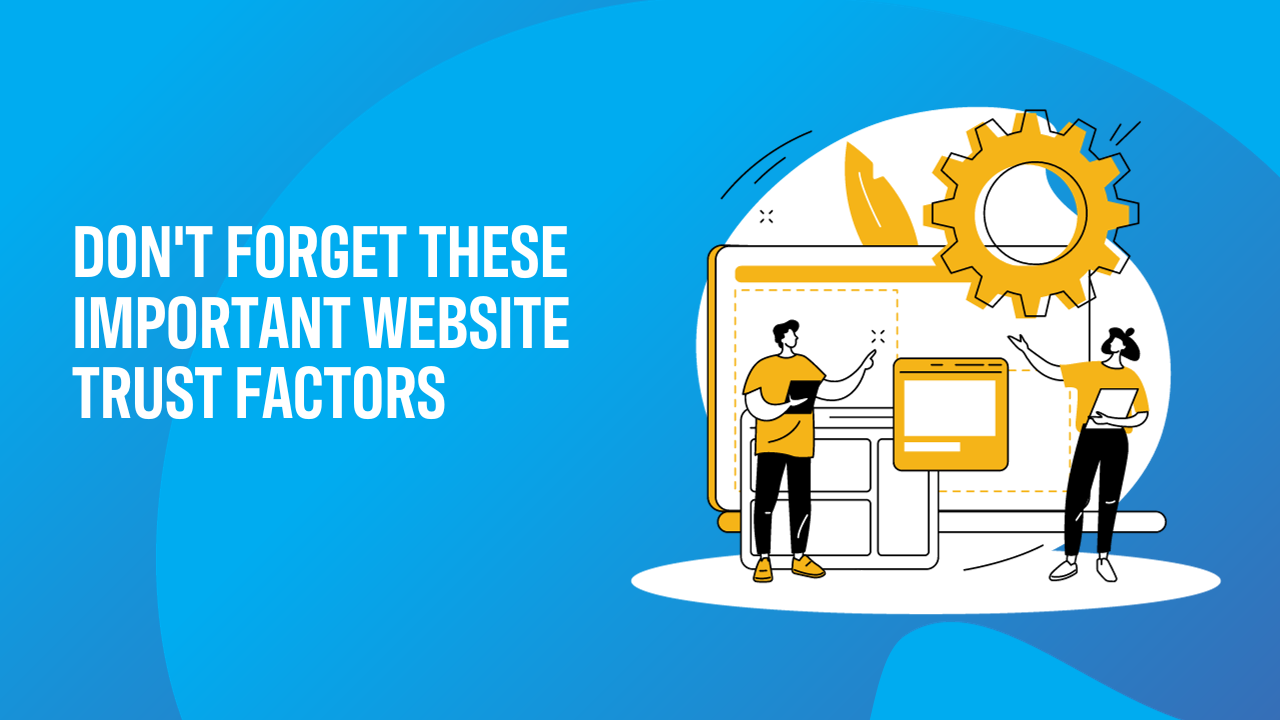In today’s digital world, credibility of website is essential. It builds strong relationships with your audience. When people trust your website, they’re more likely to become customers. This goes beyond just adding trust badges; trust needs to be evident everywhere on your site. This guide covers key factors that make your website trustworthy.
What Makes a Website Credible?
Understanding what makes for credibility of website is vital for a strong online presence. Trust acts as a core principle that influences every decision your potential customers make. Whether they’re on your homepage, product pages, or looking for your contact info, trust should be clear. Let’s look at key signals your website must show.

- Clear, Modern Design: Look at your website’s design. Does it appear professional? Does it match what your industry and audience expect? Your site doesn’t need to be perfect, but it should show you care about your online image. A design that resonates with your audience keeps visitors engaged.
- Mobile-Ready Website: Mobile optimization is crucial today. Your website must work smoothly on phones and tablets. Many visitors use mobile devices, so don’t ignore this. Make sure your site is responsive and works well for mobile users.
- Visible Contact Information: Making it easy to contact you builds trust. Every real business should be accessible. Show your phone number clearly, ideally near the top of the page. If you prefer other contact methods, make them easy to find and use.
- Physical Address Listed: In many places, showing a physical address on your website is standard practice, and sometimes a legal requirement. Even if not required, providing an address or a service area map helps build customer confidence. This strengthens your NAP (Name, Address, Phone) consistency.
- Customer Reviews and Testimonials: Reviews and testimonials are vital for building trust. Showing real customer feedback on your website is very powerful. For complex products or services, consider detailed case studies to show customer experiences. This contributes to your EEAT (Expertise, Authoritativeness, Trustworthiness).
- Fresh Content: Old content can hurt trust. Regularly check and update your website’s content. Remove unnecessary information and ensure your content answers your audience’s questions. An active and updated website shows you’re committed to serving your visitors.
- Current Copyright Date: Simple details matter. Check the copyright date in your website’s footer. Make sure it shows the current year or a relevant range (e.g., 2020 – 2025). An up-to-date copyright notice signals that your business is active and legitimate.

